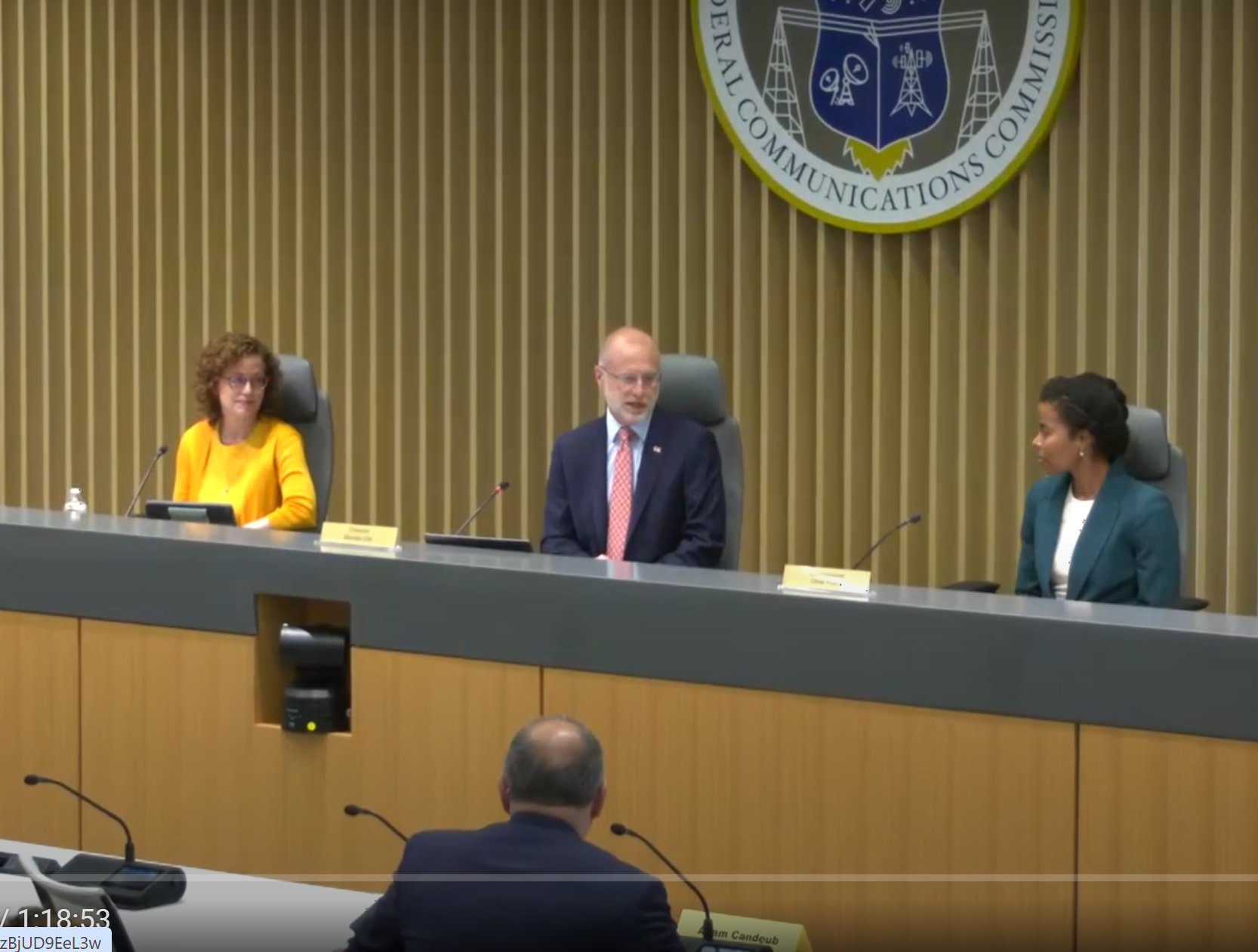Recording industry files more downloading suits
The recording industry has filed another round of copyright infringement lawsuits against people it claims are illegally distributing songs over the Internet.
This latest wave of federal litigation, filed in late October, targeted 750 computer users across the nation, including 25 students at 13 universities, according to the Recording Industry Association of America (RIAA.
The RIAA said the defendants used university computer networks to distribute copyrighted recordings on unauthorized peer-to-peer services, including eDonkey, Kazaa, LimeWire and Grokster.
Separately, the RIAA also sued 213 people in 34 states and Washington D.C. who had already been identified in earlier litigation but failed to settle their cases, the Associated Press reported.
Students named in the lawsuits attend a number of universities, including Indiana State, Iowa State, Ohio State and Southern Mississippi. The individual colleges and universities were not named as defendants.
As in previous cases, the new lawsuits were filed against “John Doe” defendants — identified only by their numeric Internet protocol addresses. Music company lawyers must obtain the identity of defendants by issuing subpoenas to Internet access providers.
Recording companies have sued 6191 music fans since September 2003, when the industry began waging its legal campaign against online file sharing. To date, 1207 defendants have settled their cases out of court, the RIAA said.
The professional video industry's #1 source for news, trends and product and tech information. Sign up below.
There are growing doubts as to how effective the suits are at reducing illegal downloads. A recent study by researchers at the University of California, Riverside, concluded that traffic on peer-to-peer networks has never declined and is at least comparable to the same levels it was a year ago.
Meanwhile, any would-be defendants in recording company copyright cases who fall within the jurisdiction of the eastern Pennsylvania federal court district will benefit from a ruling issued in October.
Issued in a case against six University of Pennsylvania students sued by the recording industry, the ruling requires Internet providers to give customers targeted by file-sharing lawsuits 21 days’ notice before it reveals their identities to music company lawyers.
ISPs now have to send a letter to would-be defendants that informs them they are being sued and outlines their legal options, including settling out of court or fighting to keep their identity secret in court.
